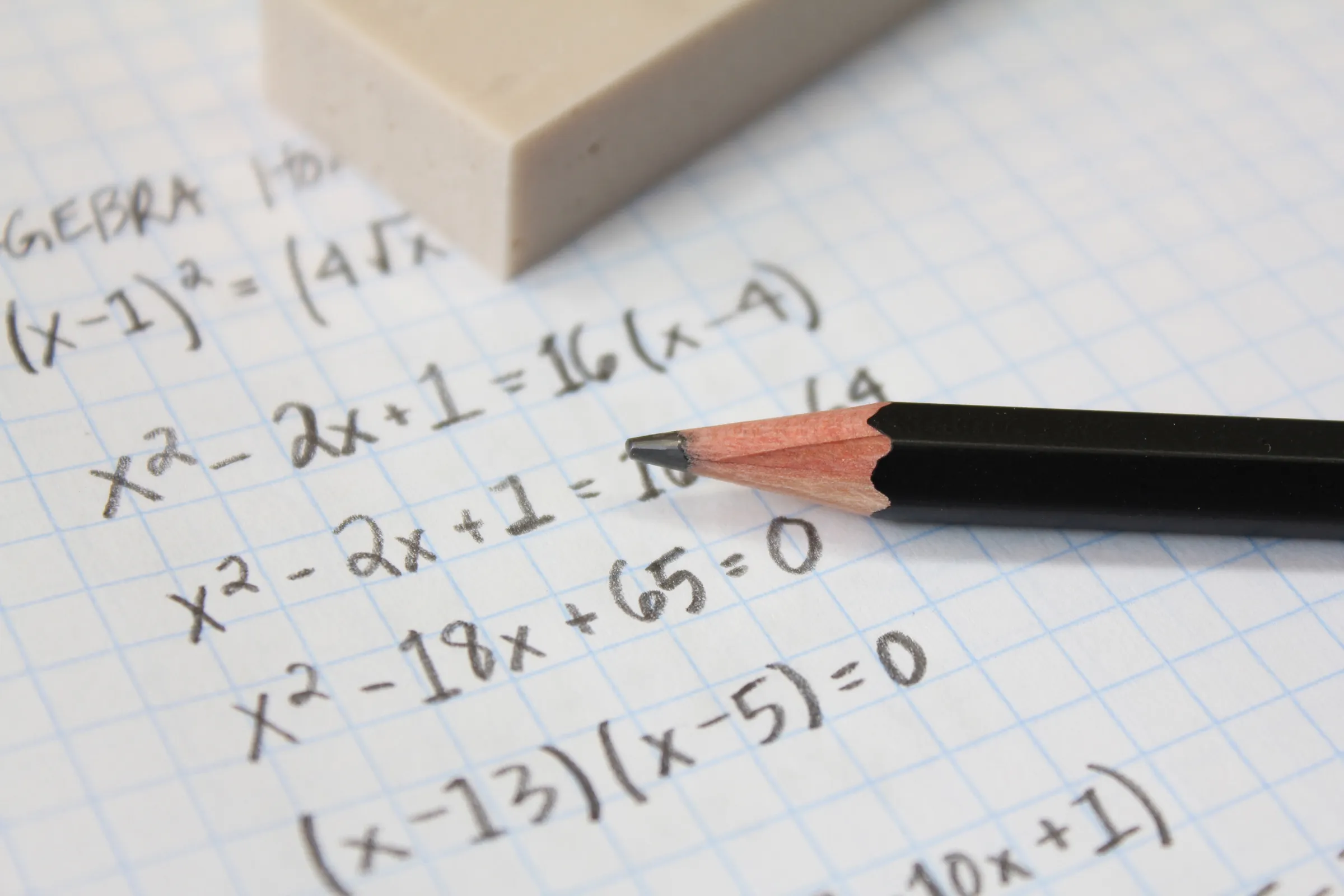KS3 Chemistry
Lesson duration: 60 minutes. If you need more than an hour you can always add more duration.
£15.00
What you’ll learn
Elements, Atoms and Compounds
Content Covered
- Elements, Atoms, Compounds, Chemical Formula
- Students will be introduced to the idea of scientific progress through experimentation and the development of technology. There are many British-based scientists who have contributed to the ideas around atoms and elements. Students will also learn about the importance of international cooperation within science (chemical symbols on the periodic table) and creating new elements.
- Students will gain an understanding of how atoms can join to form different compounds and how compounds can have different properties to the atoms/elements that make them up – introduce water – made of Hydrogen and Oxygen and has unique properties.
Skills to develop in this topic
- Observation skills with observing the properties of different materials and using their new knowledge to produce an explanation.
Particles
Content Covered
- Particle model, States of matter, changes of state, diffusion, gas pressure
- Students will be introduced to the process of diffusion which is repeated across all three sciences at all levels
- A key understanding of the process of diffusion here enables students to progress well throughout their scientific education
- Gas pressure is also introduced in this unit.
- Both diffusion and gas pressure rely on students being able to use the particle model to explain the arrangement of particles in a gas and liquids.
- The history of the particle theory can be explored from Democritus to Descartes to Newton to Maxwell.
Skills to develop in this topic
- Using equipment in the labs – Bunsen burners, thermometers, water baths. Development of graph skills – change of state of stearic acid. Comparison of different temperatures on rate of diffusion (variables and scientific methods)
Chemical reactions
Content Covered
- Word equations, burning fuels, thermal decomposition, exothermic and endothermic reactions.
- Students will be introduced to the idea that chemical reactions can either be endothermic or exothermic and as such could change the temperature of their surroundings. This can be achieved through practical work with students determining if a reaction is endothermic or exothermic.
- Students will be able to discuss practical applications for endo and exothermic reactions giving the chemistry they are learning at school an obvious link to the outside world.
- There is also the introduction to the process of combustion and thermal decomposition. Like with diffusion, the use of correct terms at this stage is important to ensure that students do not continue their chemistry education with misconceptions.
Skills to develop in this topic
- Skills of carrying out chemicals reactions and observing the effects of the reaction on the surroundings
- Graph skills with lotting temperature change against time
- Introduction of the conservation of mass
Acids and Alkalis
Content Covered
- Acids and alkalis, indicators, pH scale, neutralisation, making salts.
- For many students this will be the first time they have come across the terms acids and alkalis. It builds on the idea that atoms can combine to form different compounds with different properties. Many students will be aware of the differences between acids and alkalis based on their own life experience but will not yet be able to express the differences scientifically. The content builds on content covered in Chemical reactions as the use of word equations enables students to state what happens between acids and alkalis.
- The pH scale is introduced which is a concept continually developed on throughout Chemistry Education.
Skills to develop in this topic
- The importance of accuracy in experiments (Neutralisation)
- The use of indicators to determine when a reaction has finished
- An insight into multi-stage practicals (making salts)
The Periodic table
Content Covered
- Metals and non-metals, Group 1, Group 7, Group 0
- Students will look at the periodic table in more detail. They will already be familiar with the idea of using chemical symbols for different elements. This unit looks at how elements can be classified and arranged. This unit allows students to understand how elements can be different to each other but act in similar ways depending on which group they are in. The concept of using symbol equations in place of word equations can be introduced in this topic.
Skills to develop in this topic
- Identifying trends in the periodic table through observation and practical work
- Classification of elements based on their properties
Separating Techniques
Content Covered
- Mixtures, Chromatography, Filtration, Distillation, Crystallisation
- This unit is a practical unit where students can practice separating mixtures
- An understanding of the particle model enables students to explain the separation techniques that have occurred so provides opportunity for retrieval practice and allows them to build on previous work
Skills to develop in this topic
- Practical skills of separating techniques
Metals and Acids
Content Covered
- Reaction of metals with acids, oxygen and water, displacement, extracting metals
- The idea of displacement reactions can also link into the periodic table and explanations of why certain elements displace other elements and thus provides another opportunity for retrieval
- This unit could be placed before the periodic table topic and allow students the opportunity to explain why elements appear in a certain order on the periodic table, however they will not have covered the properties of group 1 and 7 elements individually before learning what happens when they are reacted with another element, so for this reason it comes after
Skills to develop in this topic
- Reactions between metals and acids, displacement reactions, practicing separating techniques.
The Earth
Content Covered
- The earth and its atmosphere, Sedimentary igneous and metamorphic rocks, the rock cycle, the carbon cycle, climate change, recycling
- This unit provides students with an awareness of the earth and its atmosphere today and introduces the idea of cycles
- The importance of climate change and understanding the causes and effect of it is important, not just for science, but for life in general
- The rock cycle can also be helped to explain the presence of fossils which in turn provide evidence for evolution
Skills to develop in this topic
- Making rocks
- Making fossils
- Recycling research project
- Climate change research project
- Following instructions and independent research
This course includes:
- 9.5 hours on-demand video
- 95 downloadable resources
- Access on mobile and TV
- Certificate of completion



